This is the current affairs of 8 & 9 August 2023. Here are questions and answers of daily current affairs for better preparation of competitive exams for government jobs.
PDF Download: Click here
1. Who became the youngest player to win an individual gold medal at the World Archery Championships?
a. Aditi Swami
b. Deepika Kumari
c. Dola Banerjee
d. Muskaan
Answer: a. Aditi Swami

– Category: Gold – Personal Compound
Aditi is 17 years old.
– In the match that took place on August 4, 2023, she defeated Mexico’s Andrea Basera.
– Aditi Swami is a 12th-grade student. She had also won the title of Under-18 in the Youth Championship in Limmerick.
– Interestingly, this was her second gold medal in this championship. Prior to this, she had won a gold medal in the Women’s Compound Team event along with Jyoti Surekha Vennam and Parneet Kaur, which was also a first for India.
—————-
2. Who became the first Indian male player to win gold in the World Archery Championships?
a. Vivek Tukaram
b. Rakesh Ashwin
c. Ojas Devatale
d. None of the above
Answer: c. Ojas Devatale

– In the 2023 World Archery Championship, she defeated Poland’s Lukasz Przybilewski with a score of 150-149.
– She won the gold medal in the men’s compound category.
– The Games were held in Berlin, Germany.
—————
3. Name the Union Home Secretary, whose tenure has been extended by the government for the fourth time?
a. Ajay Kumar Bhalla
b. Sanjay Mishra
c. Rajiv Gauba
d. Girish Aramane
Answer: a. Ajay Kumar Bhalla
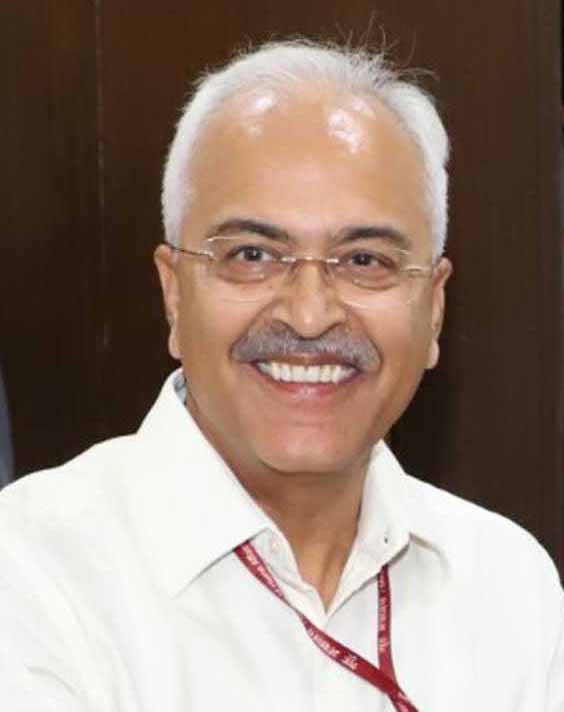
– Ajay Kumar Bhalla is from the 1984 batch of the Assam-Meghalaya cadre of the Indian Administrative Service (IAS).
– The central government has extended the tenure of Home Secretary Ajay Kumar Bhalla for the fourth time.
– Now, he will remain in this position until August 2024.
– After completing his fourth term, he will become one of the few officers in the country to have worked as Home Secretary for an extended period.
– Around 52 years ago, Lallan Prasad Singh had held the position of Home Secretary for about 6 years before retiring in the year 1971.
These top officers of the central government on extension are as follows:
– Cabinet Secretary – Rajiv Gauba: Until August 2024
– Home Secretary – Ajay Kumar Bhalla: Until August 2024
– Foreign Secretary – Vinay Kwatra: Until April 2024
– ED Director – Sanjay Mishra: Until September 15, 2023
—————
4. Both the Houses of the Parliament have passed the Delhi Service Bill 2023, what is the provision in it?
a. Formation of National Capital Civil Service Authority.
b. Control of Delhi’s bureaucracy under the Home Minister.
c. Granting of statehood status to Delhi.
d. None of the above.
Answer: a. Formation of National Capital Civil Service Authority
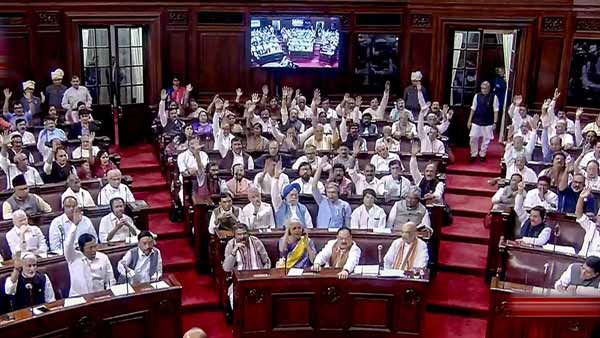
The bill provides for the following provisions:
– The powers of the Delhi government will be limited, while the powers of the Lieutenant Governor will be increased.
– This bill will establish the National Capital Civic Service Authority, which will have the authority over the posting and transfers of employees.
– Although the head of this committee will be the Chief Minister, both the Chief Secretary and the Home Secretary of Delhi will also be part of it.
– Decisions will be taken by a majority vote. Since both the Chief Secretary and the Home Secretary are officers of the central government, there is a concern that they might prioritize the interests of the central government in decision-making with a majority.
– Even after the committee’s decisions, the final approval will still have to be given by the Lieutenant Governor.
– In this situation, the powers of a chosen government will seemingly be reduced.
—————
5. Parliament passed the ‘Mines and Minerals (Development and Regulation) Amendment Bill, 2023’, what are the provisions in it?
a. Six minerals removed from the list of twelve atomic minerals.
b. Auctioning of mineral exploration licenses to the private sector.
c. Establishment of District Mineral Foundation.
d. All of the above
Answer: d. All of the above
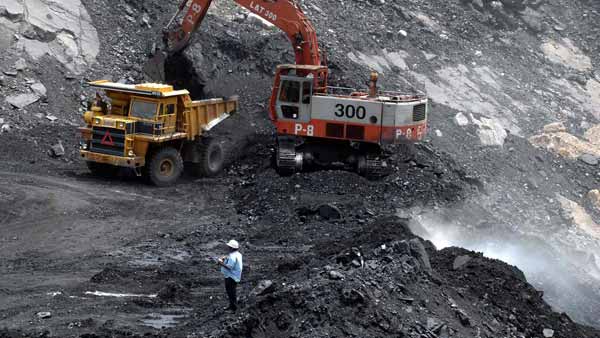
– Through this bill, amendments have been made to the old law ‘Mines and Minerals (Development and Regulation) Act, 1957’.
– The government intends to involve private companies in the exploration of minerals by providing them ownership stakes.
—————
6. Which minerals have a provision to be removed from the list of nuclear minerals through the ‘Mines and Minerals (Development and Regulation) Amendment Bill, 2023’?
a. Lithium, Beryllium
b. Titanium, Niobium
c. Tantalum, Zirconium
d. All of the above
Answer: d. All of the above
– Its application is seen in the space industry, electronics, technology and communication, energy sector, and electric batteries.
– Removing six minerals from the list of strategic minerals will provide an opportunity for private participation.
– The government wants to grant private companies the responsibility of mining and production, particularly lithium.
– A significant deposit of lithium has been discovered in Jammu and Kashmir, India.
– The government believes that the future global economy will be based on technologies dependent on minerals like lithium, graphite, cobalt, titanium, and rare earth elements. Considering the energy transition and the goal of achieving net-zero carbon emissions by 2070, the importance of crucial minerals has increased in light of India’s commitment.
————–
Answer: 7. According to the World Health Organization (WHO) report ‘Global Tobacco Epidemic, 2023’, the prevalence of smoking decreased from 22.8% in 2007 to how much in 2021?
a. 17%
b. 18%
c. 19%
d. 20%
Answer: a. 17%

– Report Name: WHO report on the global tobacco epidemic, 2023
– Report Under: WHO’s MPOWER campaign
What is MPOWER?
– In the year 2008, WHO initiated the MPOWER campaign. It includes six strategies:
M: Monitor tobacco use and prevention policies.
P: Protect people from tobacco smoke.
O: Offer help to quit tobacco use.
W: Warn about the dangers of tobacco.
E: Enforce bans on tobacco advertising, promotion, and sponsorship.
R: Raise taxes on tobacco.
Key Facts from the Report:
– The global prevalence of tobacco use has decreased from 22.8% in 2007 to 17% in 2021.
– There has been a decrease of 30 million tobacco users.
– WHO’s MPOWER strategies have protected at least 5.6 billion people (71% of the global population).
– The number of countries implementing at least one MPOWER strategy has increased from 44 in 2008 to 151 in 2022.
– Brazil, Turkey, the Netherlands, and Mauritius have successfully implemented all MPOWER strategies.
Impact of Second-Hand Smoking Worldwide:
– Approximately 8.7 million tobacco-related deaths occur each year.
– Among these, 1.3 million deaths are related to non-smokers who have been exposed to second-hand smoking.
– Nearly 400,000 deaths due to heart disease are caused by second-hand smoking.
– Almost 51,000 children and adolescents under the age of 20 die due to exposure to second-hand smoking.
India in the Report:
– In India, approximately 85% of cigarette packs carry health warnings both on the front and back, ranking the country in the top 10 for warning label size.
– India has banned the sale of e-cigarettes and also imposed bans on smoking in health facilities and educational institutions.
– Bangalore has seen significant progress in tobacco control due to widespread campaigns, “No Smoking” signs, and awareness programs about the risks of smoking and second-hand smoking.
Government Initiatives Related to Tobacco:
– National Tobacco Control Programme
– E-cigarette Ban Ordinance, 2019
– Cigarette and Other Tobacco Products (Prohibition of Advertisement and Regulation of Trade and Commerce, Production, Supply and Distribution) Amendment Rules, 2023
WHO:
– Director-General: Dr. Tedros Adhanom Ghebreyesus
– Headquarters: Geneva, Switzerland
– Established on: April 7, 1948
————–
8. When is World Nagasaki Day celebrated?
a. 12 August
b. 11 August
c. 10 August
d. 9 August
Answer: d. 9 August

– On August 9, 1945, the United States dropped an atomic bomb named “Fat Man,” containing 6.4 kilograms of plutonium-239, on the port city of Nagasaki in southern Japan at 11:01 AM local time.
– Prior to this, on August 6, 1945, the United States had dropped a uranium bomb named “Little Boy” on the city of Hiroshima in Japan.
– The explosion was so intense that roof tiles from houses 8 kilometers away were blown off.
Approximately 140,000 people were killed due to the bombing.
– When the plutonium atomic bomb was dropped on Nagasaki, it detonated at a height of 1,540 feet above the ground, 43 seconds after release.
– The explosion produced an equivalent of 21 kilotons of TNT.
– It generated a temperature of 3,900 degrees Celsius.
The shockwave traveled at a speed of up to 1005 kilometers per hour.
– The immediate death toll was estimated to be between 40,000 and 75,000 people.
– By the end of 1945, the death toll had risen to around 80,000 people.
—————
9. When is the International Day of the World’s Indigenous Peoples observed?
a. 6 August
b. 7 August
c. 8 August
d. 9 August
Answer: d. 9 August
– Every year on August 9th, International Indigenous Peoples’ Day is observed globally to encourage the protection and preservation of the rights of indigenous peoples and to spread the message of the United Nations. This day aims to promote awareness about the rights of indigenous communities and their contribution to the world.
—————
10. When is National Javelin Day celebrated?
a. 8 August
b. 7 August
c. 6 August
d. 5 August
Answer: b. 7 August

– This day is celebrated in honor of athlete Neeraj Chopra, who won a gold medal for India in the javelin throw competition at the Tokyo Olympics 2020.
– It was on August 7, 2021, that Neeraj Chopra secured the gold medal in the javelin throw.
– The Athletics Federation of India (AFI) declared this day as National Javelin Day to commemorate Neeraj Chopra’s achievements.
—————
11. When is the death anniversary of Nobel laureate Rabindranath Tagore observed?
a. 9 August
b. 8 August
c. 7 August
d. 6 August
Answer: c. 7 August
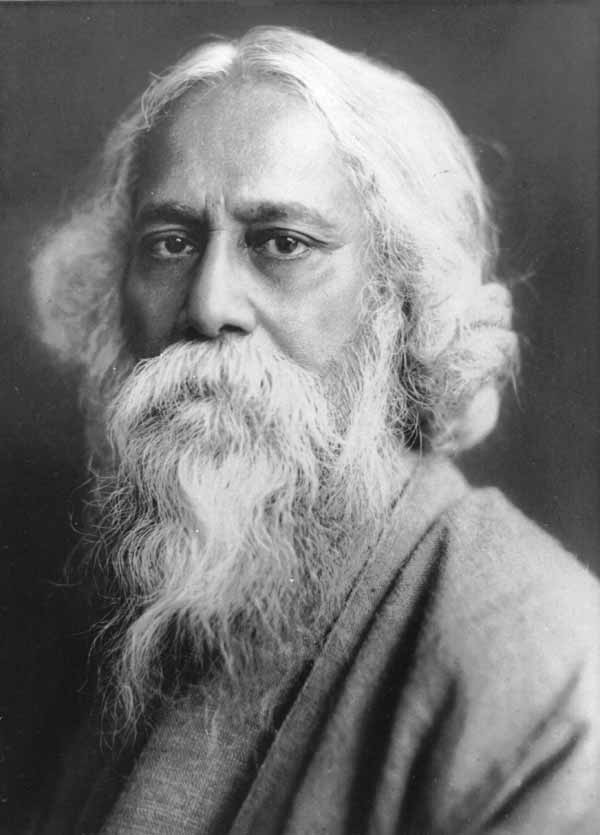
– Rabindranath Tagore, honored with the Nobel Prize, was a Bengali poet, novelist, musician, artist, and playwright.
– He passed away at the age of 80 on August 7, 1941, due to acute nephritis and urinary bladder obstruction.
– He was born on May 7, 1861, in Jorasanko Thakur Bari, Kolkata.
– He composed over 2,000 songs, collectively known as “Tagore Songs.”
– His compositions were selected as national anthems by two countries: “Amar Shonar Bangla” for Bangladesh and “Jana Gana Mana” for India.
– His collection of poems “Gitanjali” earned him the Nobel Prize for Literature in 1913, being first published in London in 1912.
– In 1915, he was granted knighthood by King George V. However, his strong opposition to the Jallianwala Bagh massacre on April 13, 1919, prompted him to renounce his knighthood on May 31, 1919.
—————
12. Which Indian-origin person has been appointed as the Chief Financial Officer (CFO) by Tesla?
a. Vijay Kothari
b. Vaibhav Taneja
c. Rakesh Maria
d. James John
Answer: b. Vaibhav Taneja
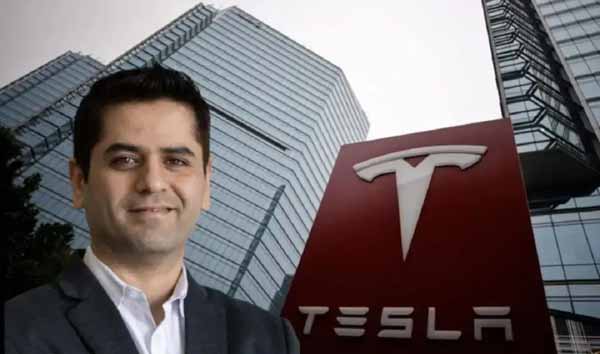
– With their current role as Chief Accounting Officer (CAO), they have been appointed as the CFO of Tesla.
– They are a commerce graduate from Tanuja. They obtained a Bachelor of Commerce degree from Delhi University between 1996 and 1999.
– They pursued Chartered Accountancy from the Institute of Chartered Accountants of India between 1997 and 2000.
Tesla:
– Founded: July 1, 2003, in San Carlos, California, United States.
– CEO: Elon Musk (since October 2008);
– Headquarters: Austin, Texas, United States.

